In recent years, the proliferation of conspiracy theories has become a growing concern, with many experts attributing the rise to the ease of information dissemination and the internet. According to a report by the MIT Technology Review, the number of conspiracy theories has increased significantly, with many of them spreading rapidly across social media platforms. This phenomenon has led to a reevaluation of the concept of conspiracy theories, with some experts drawing parallels to Richard Hofstadter's 1963 lecture on the "paranoid style" in American politics.
In his lecture, Hofstadter, a professor of American history at Columbia University, described the "paranoid style" as a characteristic of heated exaggeration, suspiciousness, and conspiratorial fantasy. He noted that this style was not unique to American politics but was a broader phenomenon that could be observed in various forms of extremism. Hofstadter's work was later revised and published as an essay, which remains an essential text in the study of conspiracy theories.
Experts say that the ease of information dissemination and the internet have contributed significantly to the proliferation of conspiracy theories. "The internet has made it easier for people to access and share information, which has led to the spread of conspiracy theories," said Dr. Emily Chen, a sociologist at Harvard University. "Additionally, social media platforms have created an environment where people can easily share and engage with conspiracy theories, often without fact-checking or critical evaluation."
The rise of conspiracy theories has also been linked to the increasing polarization of society. "As people become more entrenched in their beliefs, they are more likely to seek out information that confirms their views and reject information that contradicts them," said Dr. John Taylor, a psychologist at the University of California, Berkeley. "This can lead to a kind of 'filter bubble' effect, where people are only exposed to information that reinforces their existing beliefs."
In response to the growing concern over conspiracy theories, some experts have called for greater media literacy and critical thinking skills. "We need to teach people how to evaluate information critically and think for themselves," said Dr. Chen. "This includes learning how to identify biases, evaluate evidence, and recognize the limitations of information."
The current status of conspiracy theories remains a topic of concern, with many experts warning of the potential risks of unchecked misinformation. As the debate over conspiracy theories continues, experts say that it is essential to approach the topic with a critical and nuanced perspective, recognizing both the potential benefits and risks of conspiracy theories.
In the coming months, experts expect to see further research on the topic of conspiracy theories, including studies on the impact of social media on the spread of misinformation and the development of effective strategies for mitigating the effects of conspiracy theories. As the conversation around conspiracy theories continues to evolve, one thing is clear: the ease of information dissemination and the internet have created a perfect storm for the proliferation of conspiracy theories, and it will take a concerted effort to address this growing concern.
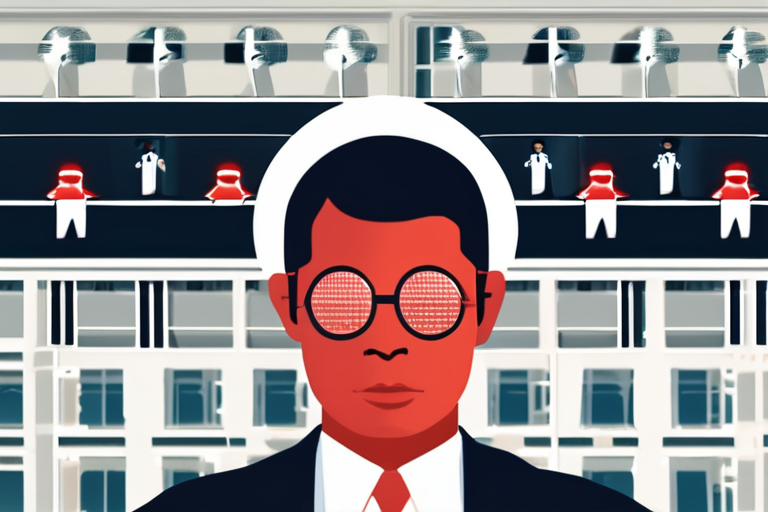


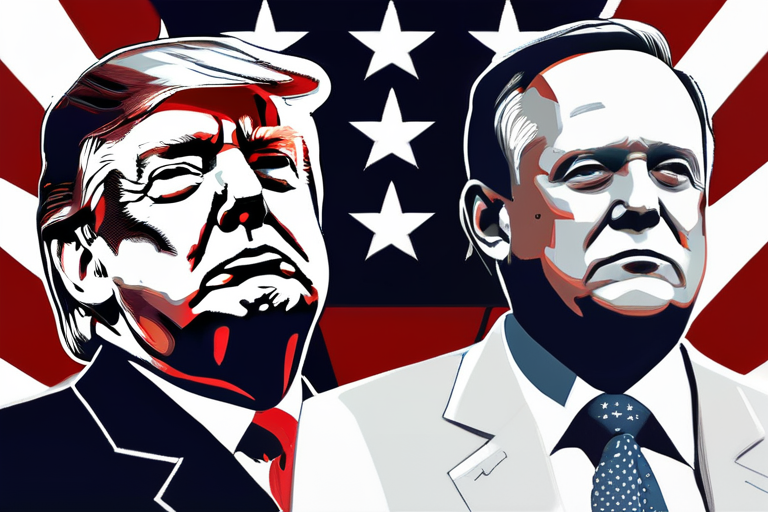



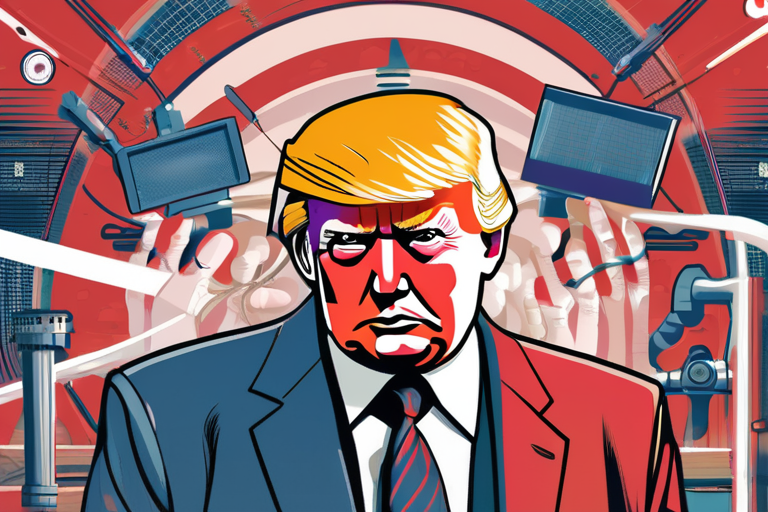
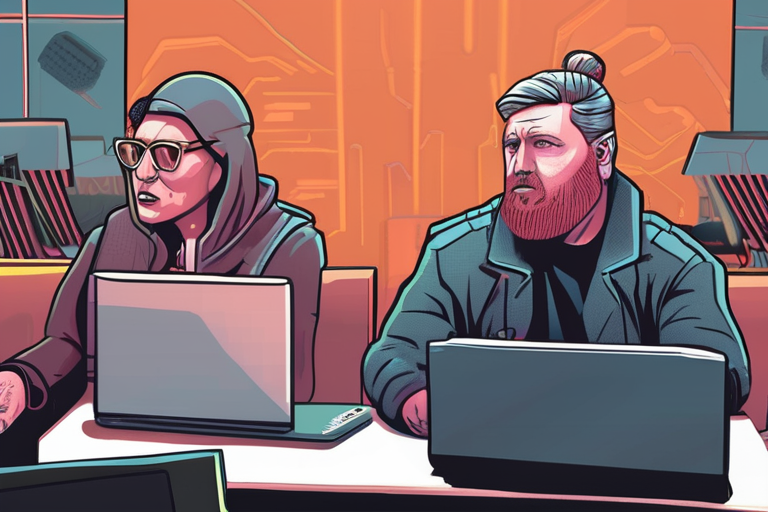
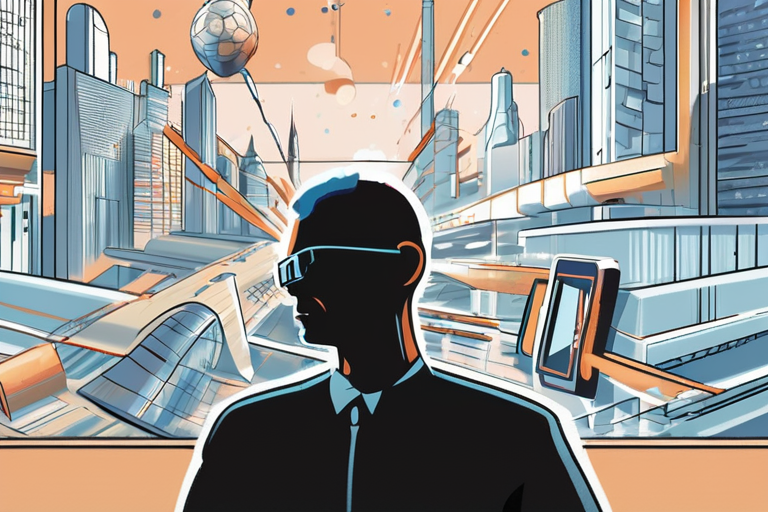


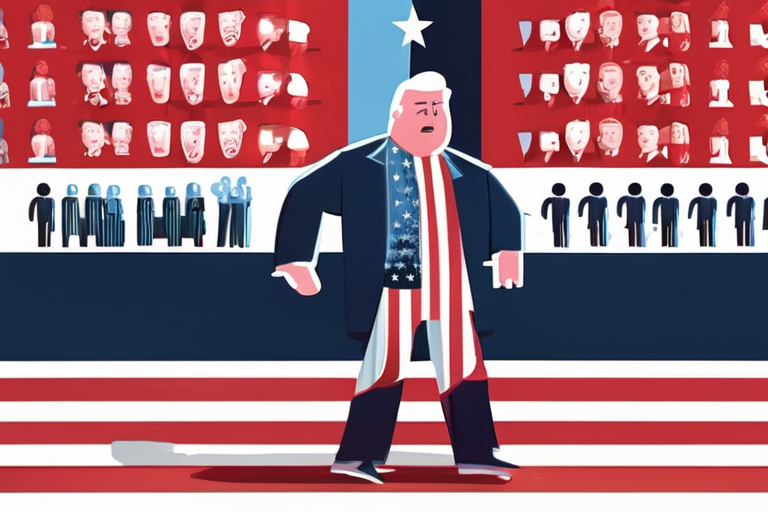
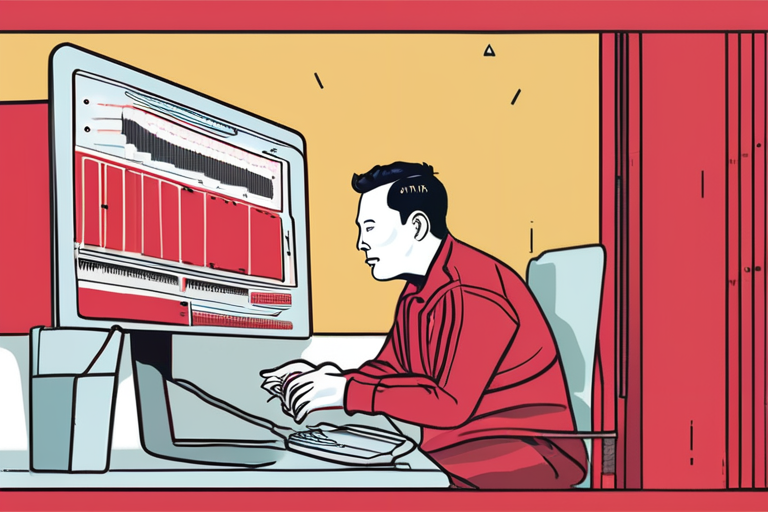
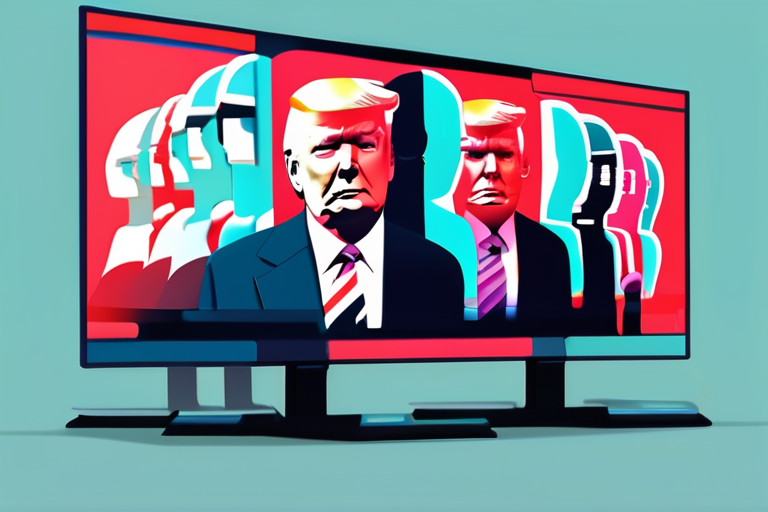
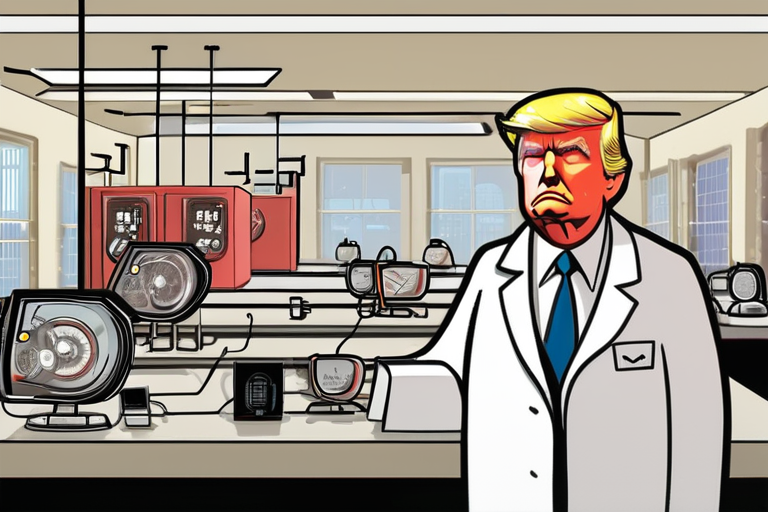


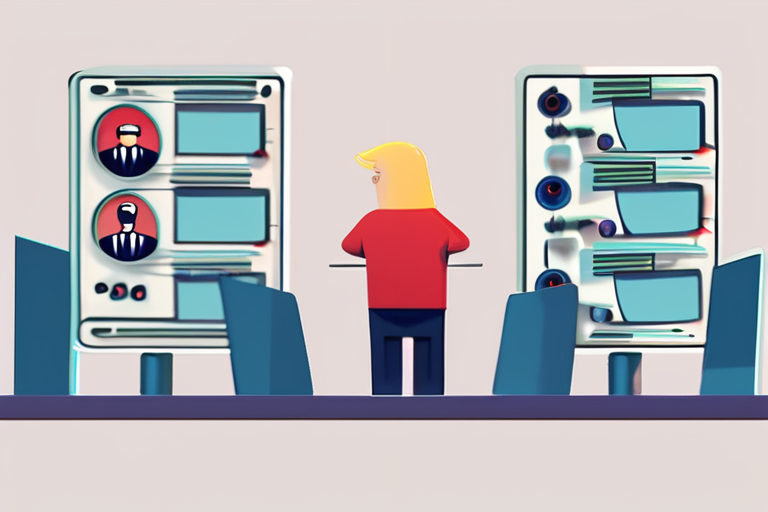





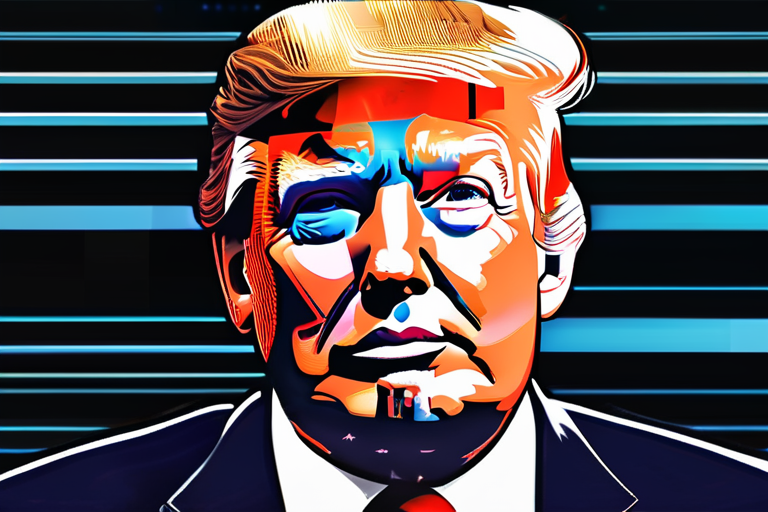

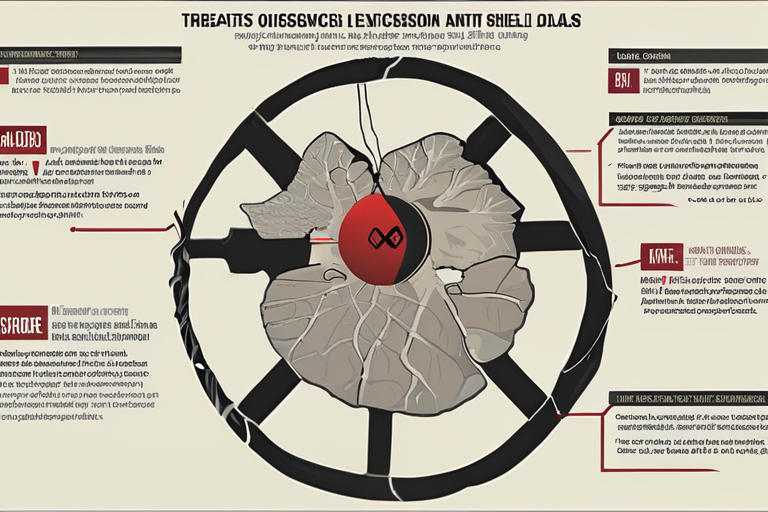
Share & Engage Share
Share this article